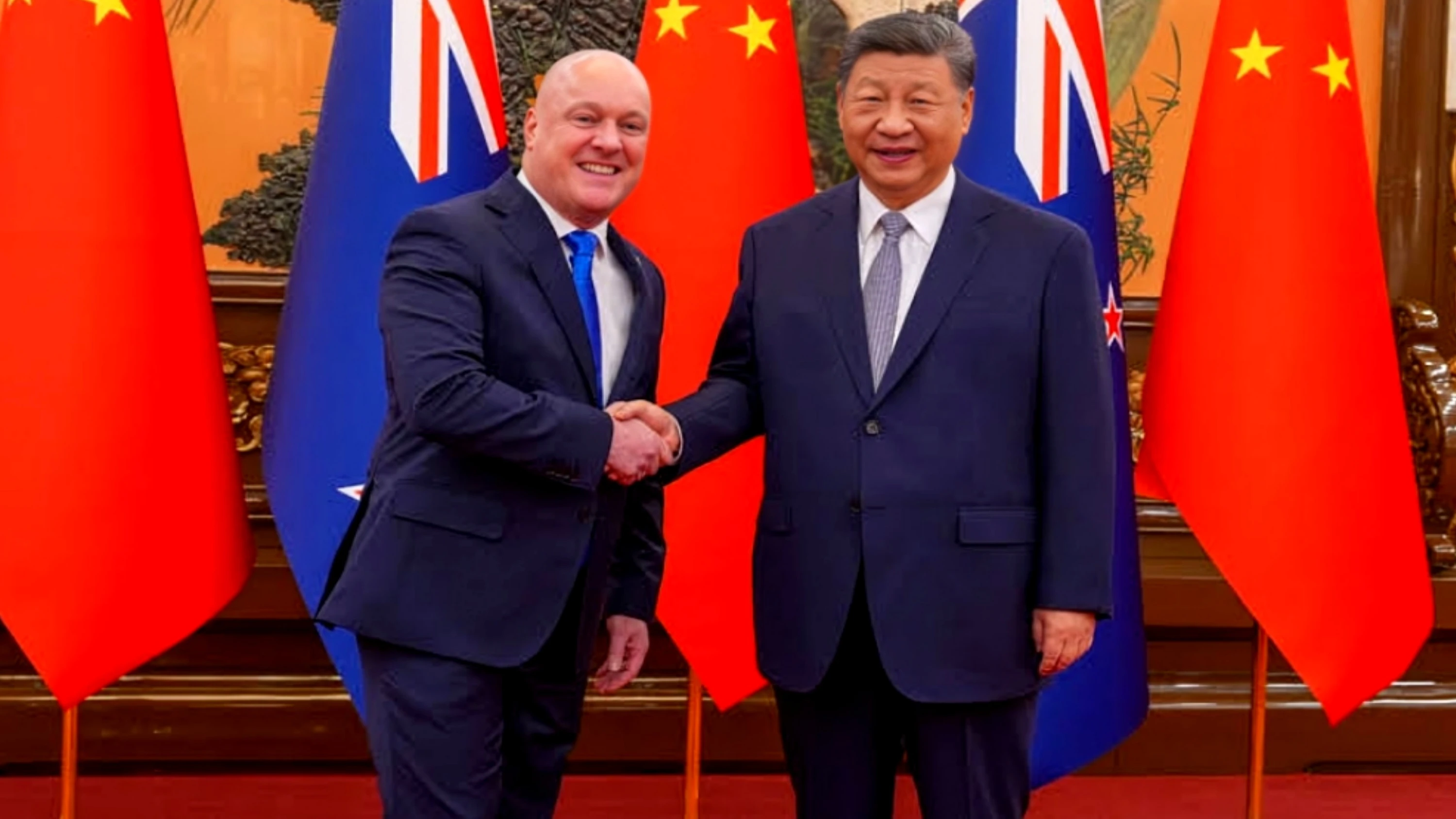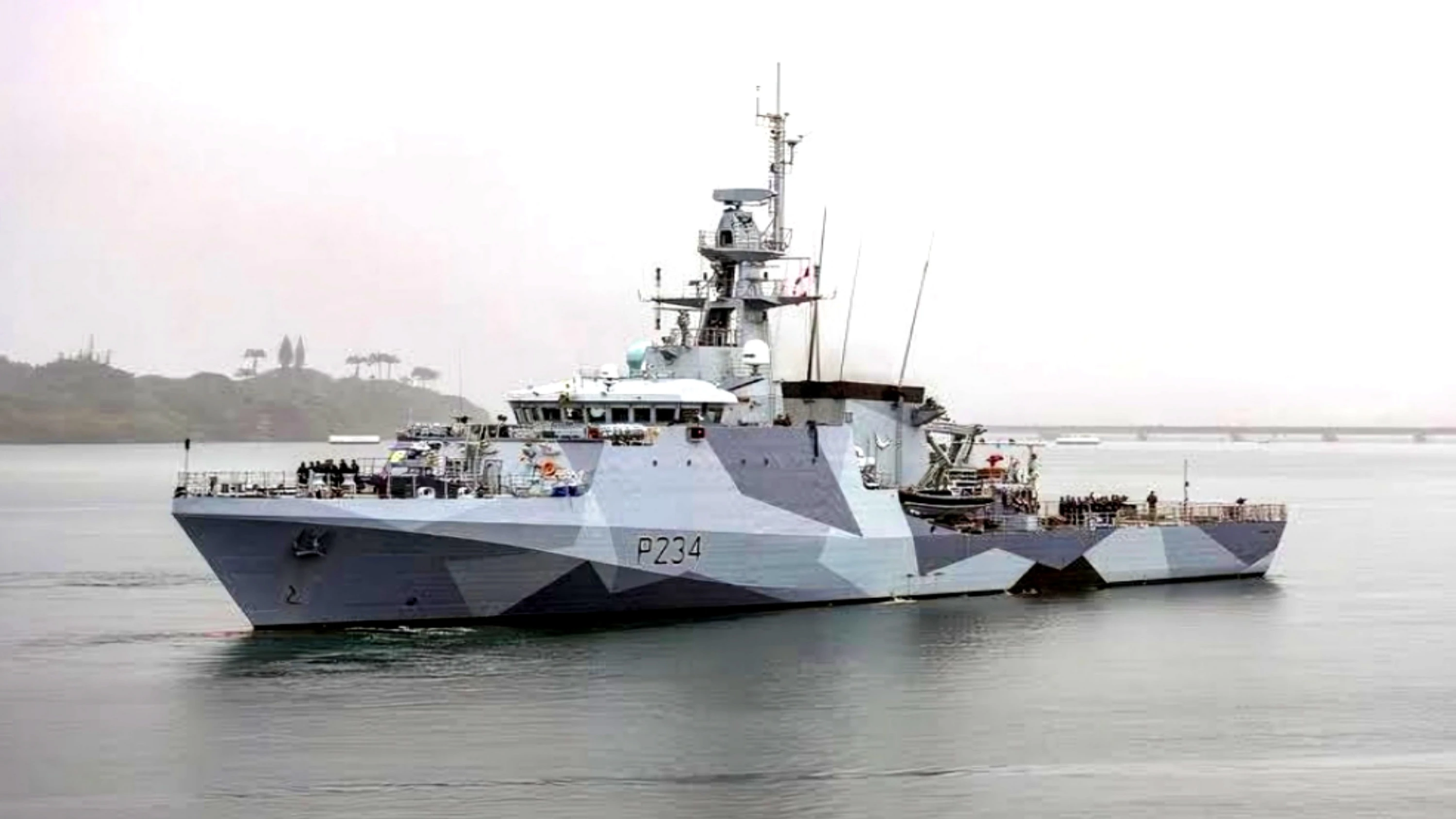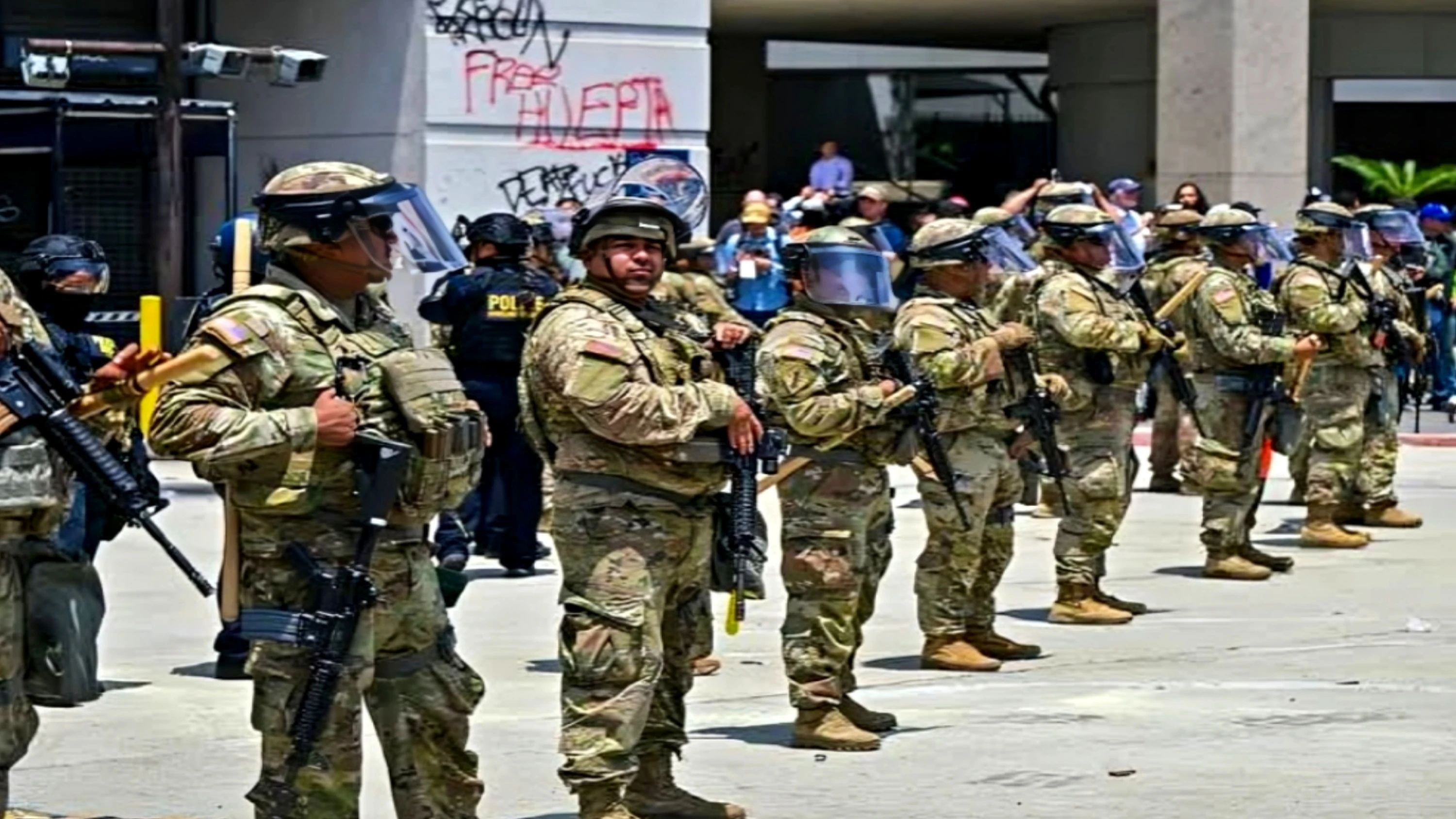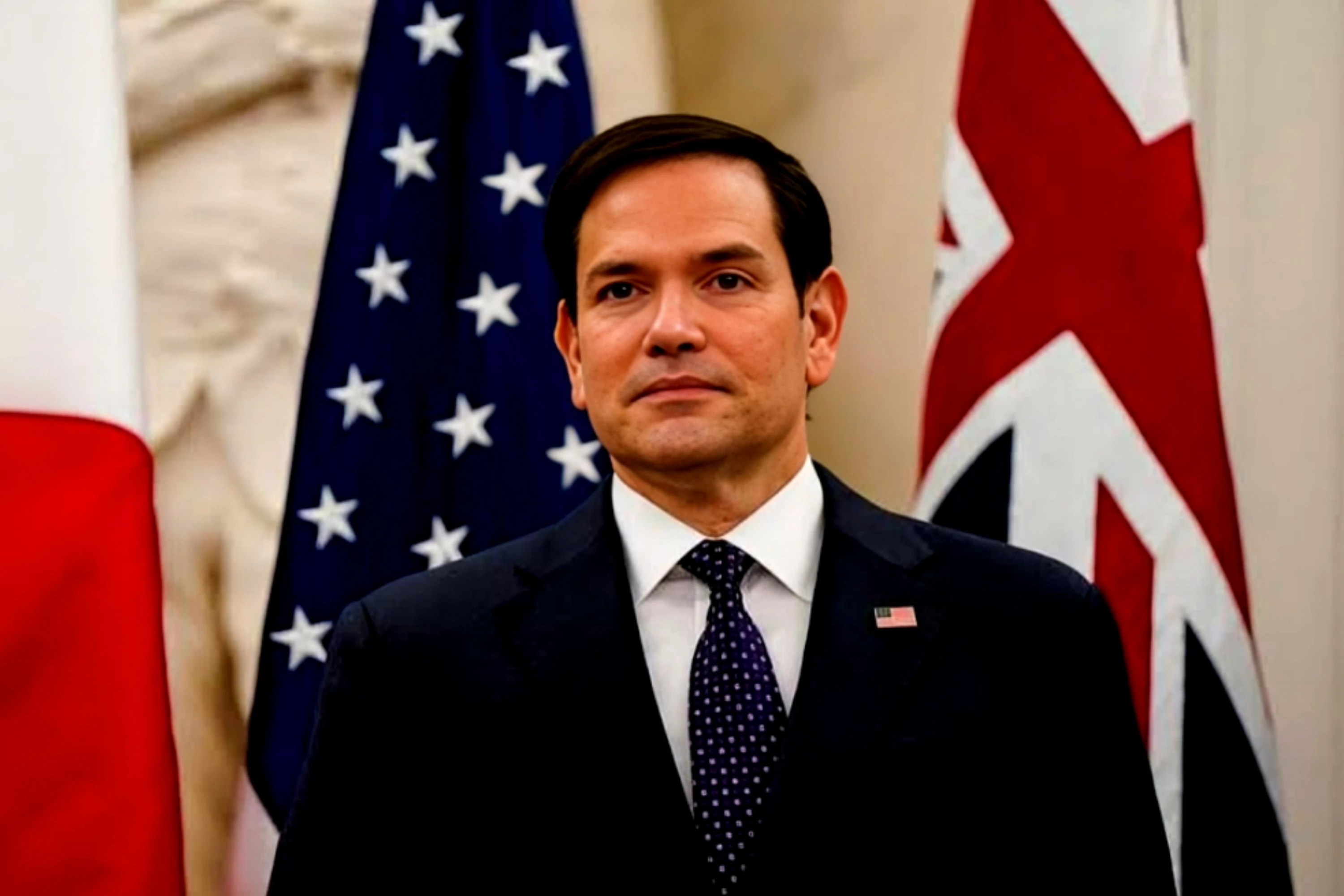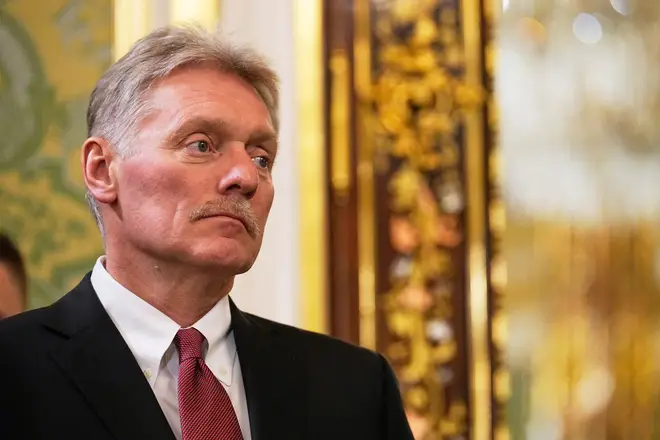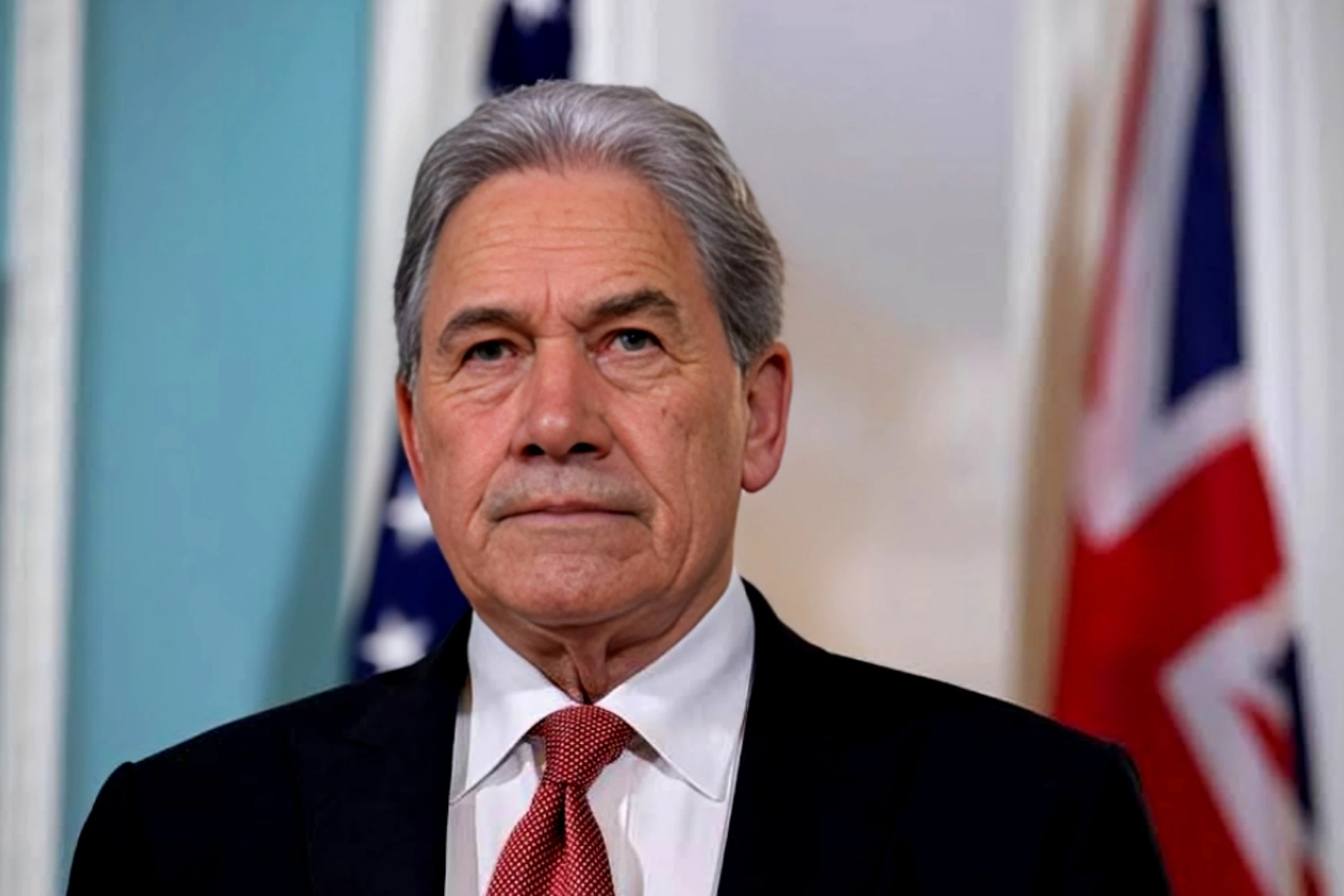Washington: U.S. officials expressed optimism on Sunday that a ceasefire agreement between Ukraine and Russia could be reached within weeks, with President Donald Trump preparing to discuss the matter with Russian President Vladimir Putin.
Steve Witkoff, Trump's envoy, recently met with Putin for several hours and told CNN that the two leaders are expected to have a productive conversation in the coming days. "It's a very complex situation, but we're making progress in closing the gap between both sides," Witkoff said, adding that Trump believes a deal could be finalized soon.
However, U.S. officials indicated that Ukraine may have to make significant concessions for an agreement to materialize. Washington proposed a ceasefire following talks in Saudi Arabia, with Kyiv accepting the terms.
U.S. Secretary of State Marco Rubio, who met with Russian Foreign Minister Sergei Lavrov over the weekend, described their discussions as "promising" and suggested that an announcement could come soon. Despite this, Putin has yet to formally accept the U.S. proposal, instead presenting several conditions and expressing concerns over key aspects of the deal.
National Security Adviser Mike Waltz suggested that Ukraine might have to give up some of its territory and reconsider its ambitions to join NATO. When asked whether Kyiv would have to relinquish control over the Donbas region—partially occupied by Russia—and abandon its NATO aspirations, Waltz said that the negotiations would likely involve a trade-off between land and future security guarantees.
"A direct path to NATO membership for Ukraine in the near future is highly unlikely," Waltz said.
Despite concerns over territorial concessions, Witkoff downplayed the possibility of the U.S. officially recognizing Russian-controlled areas, calling such discussions "premature."
Peace negotiations are expected to be complex, with key issues including border security, Ukraine's military activity in Russia’s Kursk region, the status of a Ukrainian nuclear plant, and access to Black Sea ports.
While acknowledging the difficulties, Witkoff remained hopeful. "This situation is much more complicated than Gaza, but no one is giving up," he said. "All parties, including the Europeans, are fully committed to finding a resolution."



